

A Son, the Father and Presidential Pardon: Matters arising
By Abidemi ADEBAMIWA
 US President Joe Biden and Son Hunter Biden at the Oval Office of the White House Credit: EPA-EFE/EVAN VUCCI / POOL
US President Joe Biden and Son Hunter Biden at the Oval Office of the White House Credit: EPA-EFE/EVAN VUCCI / POOL
Picture this - itís Thanksgiving. The Cameras are snapping, People are laughing, and there you are, standing next to a Turkey. With a quick Signature, you save this Bird from becoming Dinner, and everyone smiles at the silly Tradition. But then, using that same Power, you pardon your Son, and the World goes wild with anger.
This is the tricky World of Presidential Pardonsóa mix of fun rituals and serious decisions that can make or break trust.
In the United States, the Presidentís Power to pardon comes from Article II, Section 2, Clause 1 of the Constitution, known as the Pardon Clause. It allows the President to "grant Reprieves and Pardons for Offenses against the United States, except in Cases of Impeachment." While thereís a Formal Process involving the Office of the Pardon Attorney, the Presidents can skip all that and act directly if they want to.
In Nigeria, the President has a similar Power under Section 175(1) of the Constitution. This "Prerogative of Mercy" lets the President show compassion, fix Judicial mistakes, or bring peace to a Divided Nation. But, like in the U.S., this Power isnít always used wisely. Sometimes, it feels more like a Political Tool than an Act of Kindness.
Take Nigeriaís Fourth Republic, for example. Presidential Pardons have been used to reward Political Allies or erase Corruption Charges. When former Bayelsa Governor Diepreye Alamieyeseigha was pardoned, it caused an uproar, with many wondering if Justice had been sold out for convenience.
In America, the story isnít much different. President Obama pardoned Non-violent Offenders to highlight unfair punishments, but some said he didnít do enough. President Trumpís Pardons, on the other hand, often seemed personalólike helping out Friends or Allies such as Roger Stone and Paul Manafort. This raised big questions about whether the Pardon Power was being used for Justice or Favors.
Now, President Bidenís recent pardon of his Son, Hunter Biden, has stirred up even more debate. Hunter faced serious charges like Tax Evasion and alleged Drug Offenses. By stepping in, Biden showed the deeply personal side of Pardons, but it also raised questions: Was this a Father helping his Child or a President misusing his Power? Just like when Nixon was pardoned Decades ago, this Act has sparked fierce arguments about Fairness and Responsibility.
What makes this Power so fascinating is how itís both praised and criticised. Take the Case of Mubarak Bala in Nigeria, a Prisoner of Conscience. Many, including U.S. Lawmakers like Jamie Raskin, have called on the Nigerian President to use the Pardon Power to set him free. But when that same mercy is shown to a Political Ally or Family Member, People see it as Favoritism.
Experts say the Power to pardon is supposed to bring a Human Touch to the Legal System. Laws arenít perfect, and Leaders need the ability to fix mistakes. But this same freedom can easily be abused, leaving People to wonder: Where do we draw the line between Justice and playing Favorites?
Think back to that Thanksgiving Turkey. Sparing a Bird is harmless fun. Pardoning a Son, though, puts a Leaderís Morals and Decisions under the spotlight. Itís no surprise People react so strongly. These acts show the Human side of Leadershipófor better or worse.
In the end, Pardons reveal the heart of Leadership. Theyíre about juggling Personal Feelings with Public Duty, Fairness with Compassion, and Tradition with Transformation. Maybe next time a Turkey gets saved, weíll laugh at the lighthearted moment but also remember the big questions that come with this immense Power.

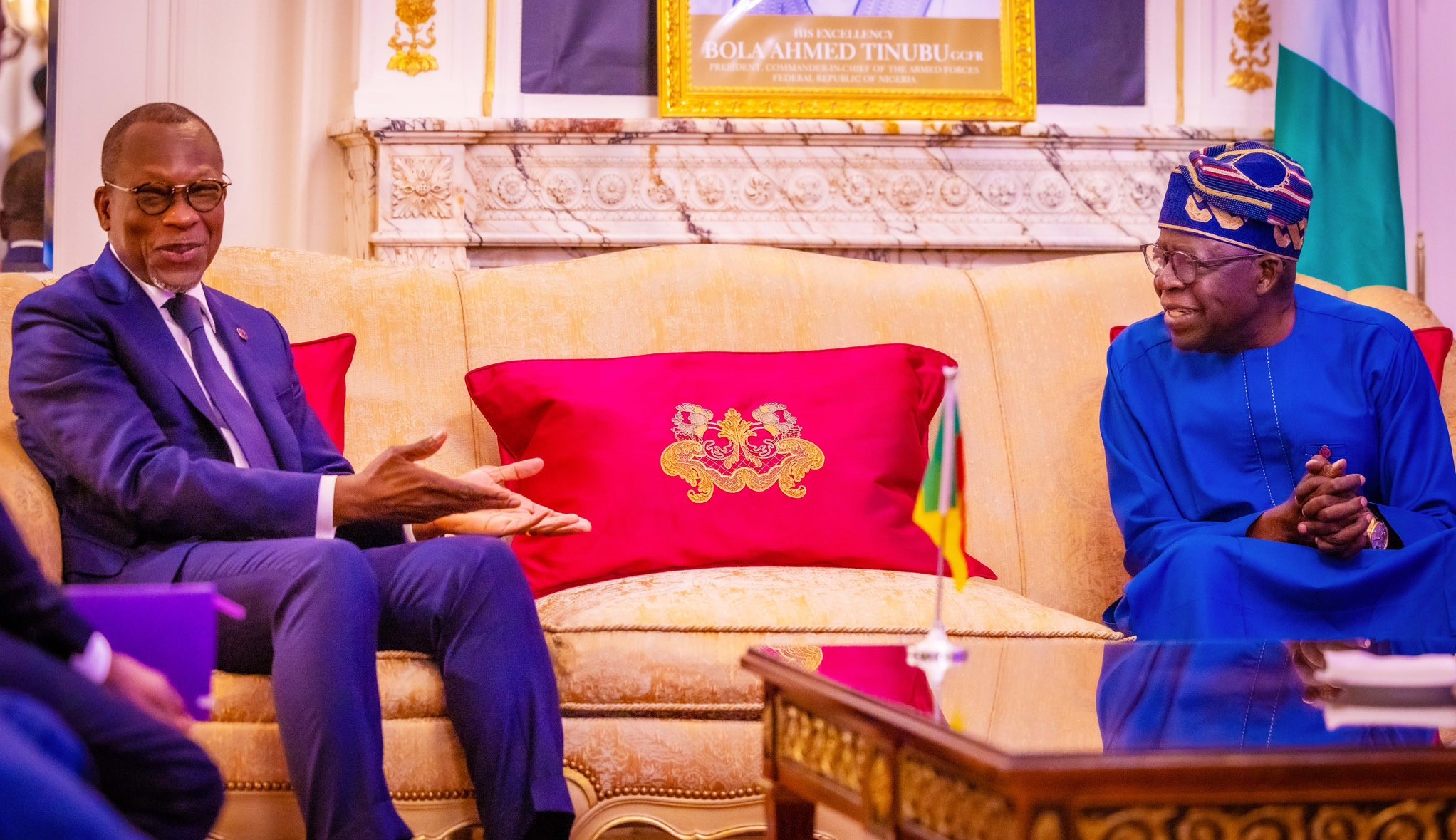
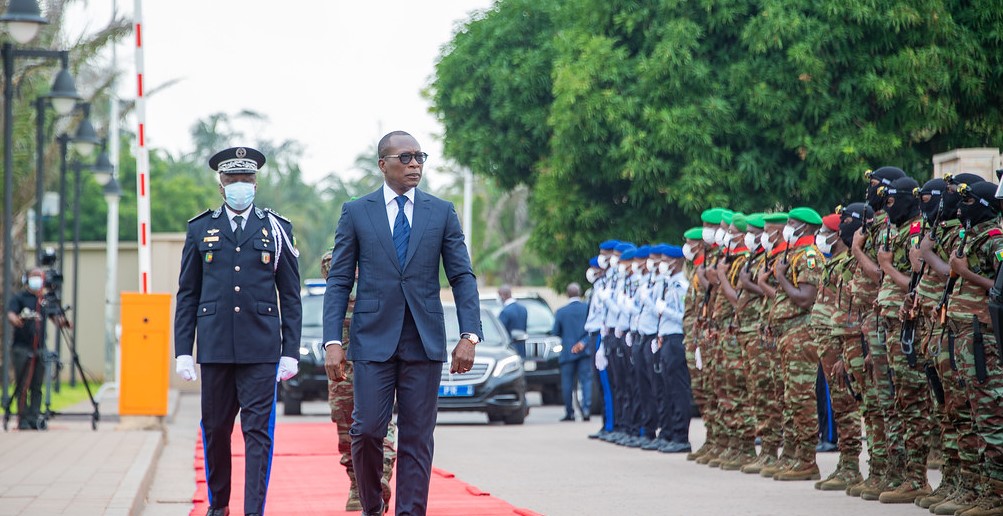
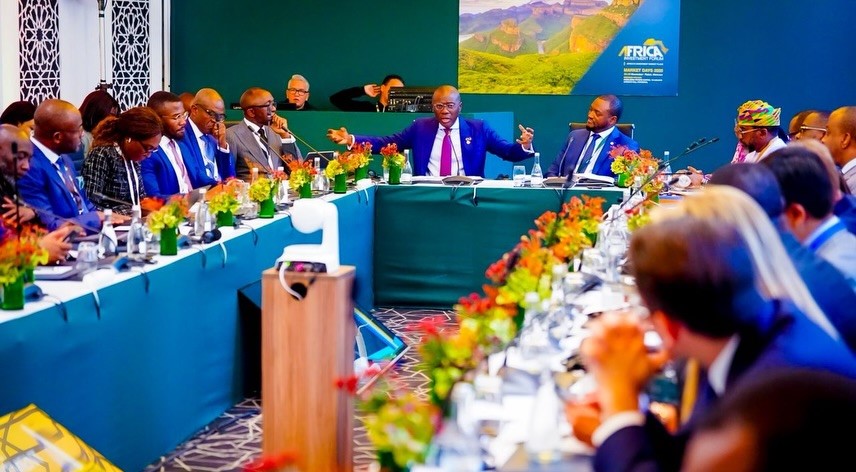
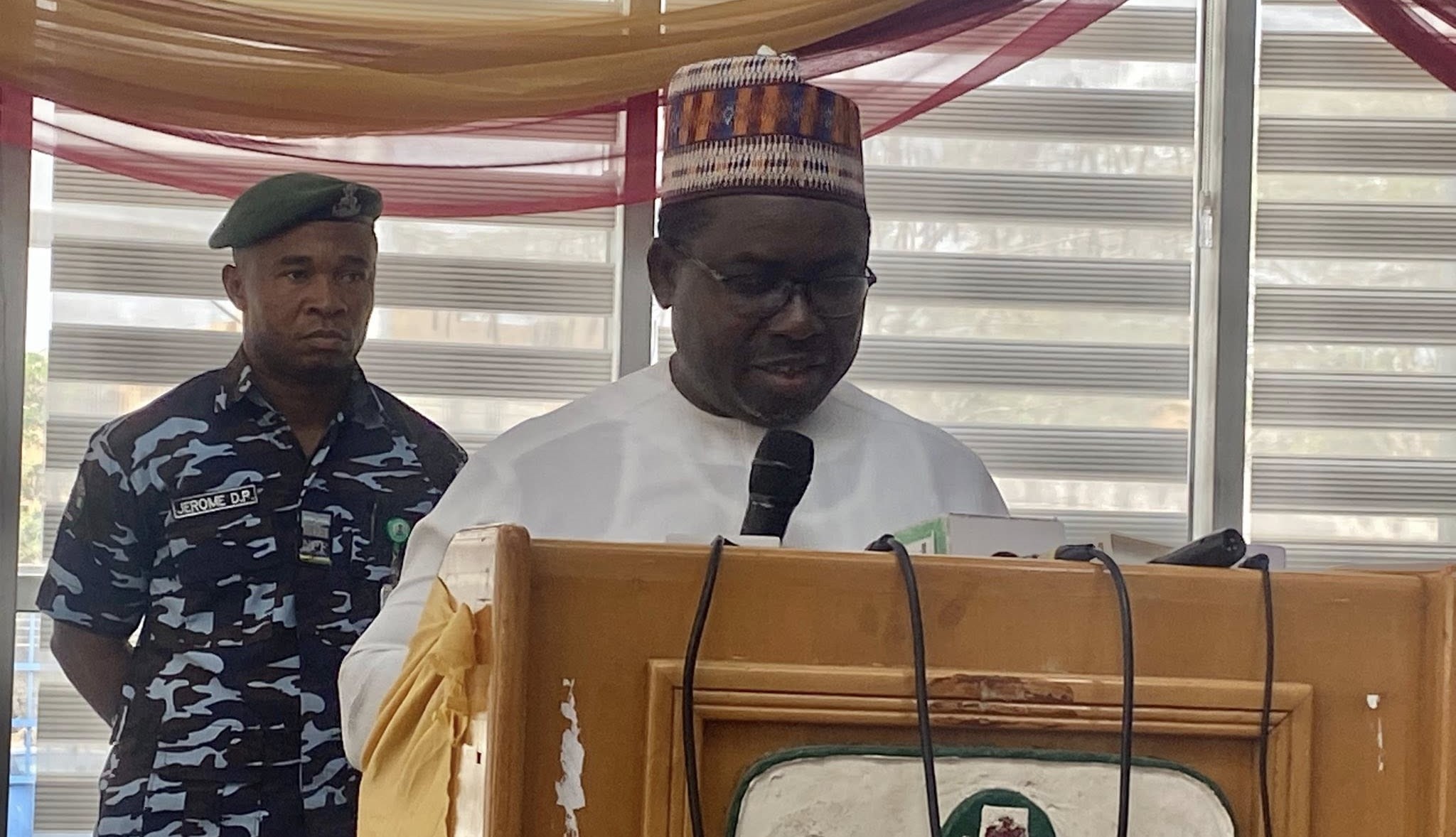
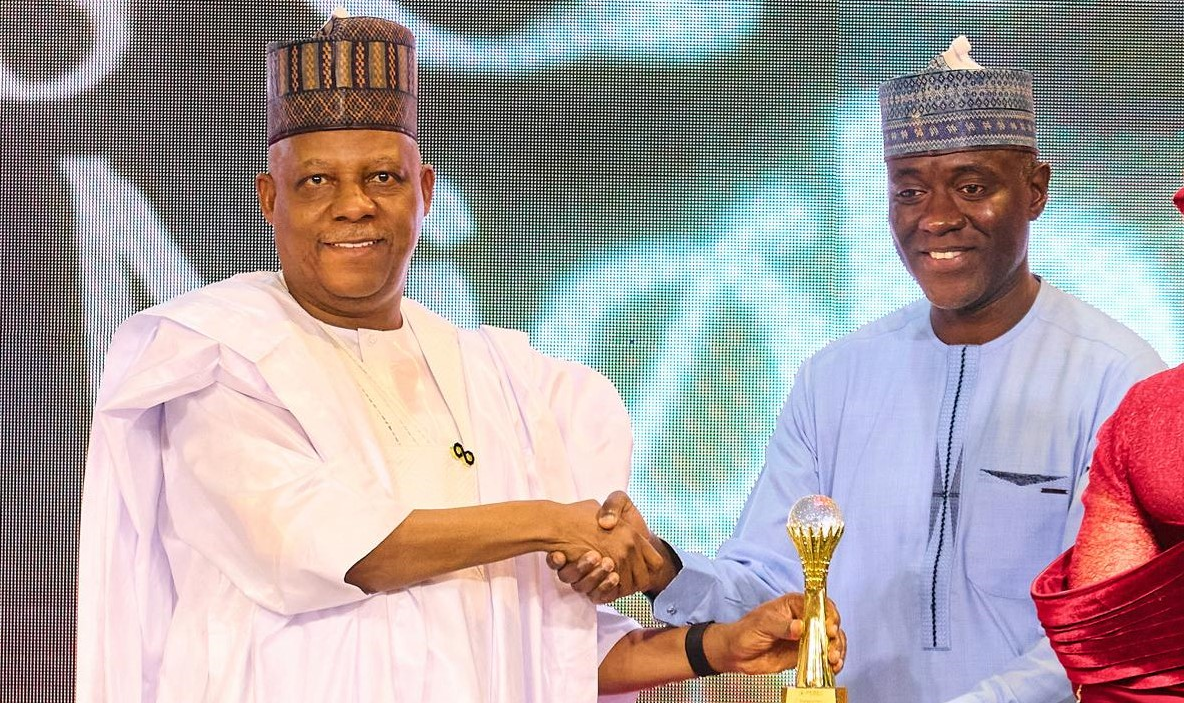
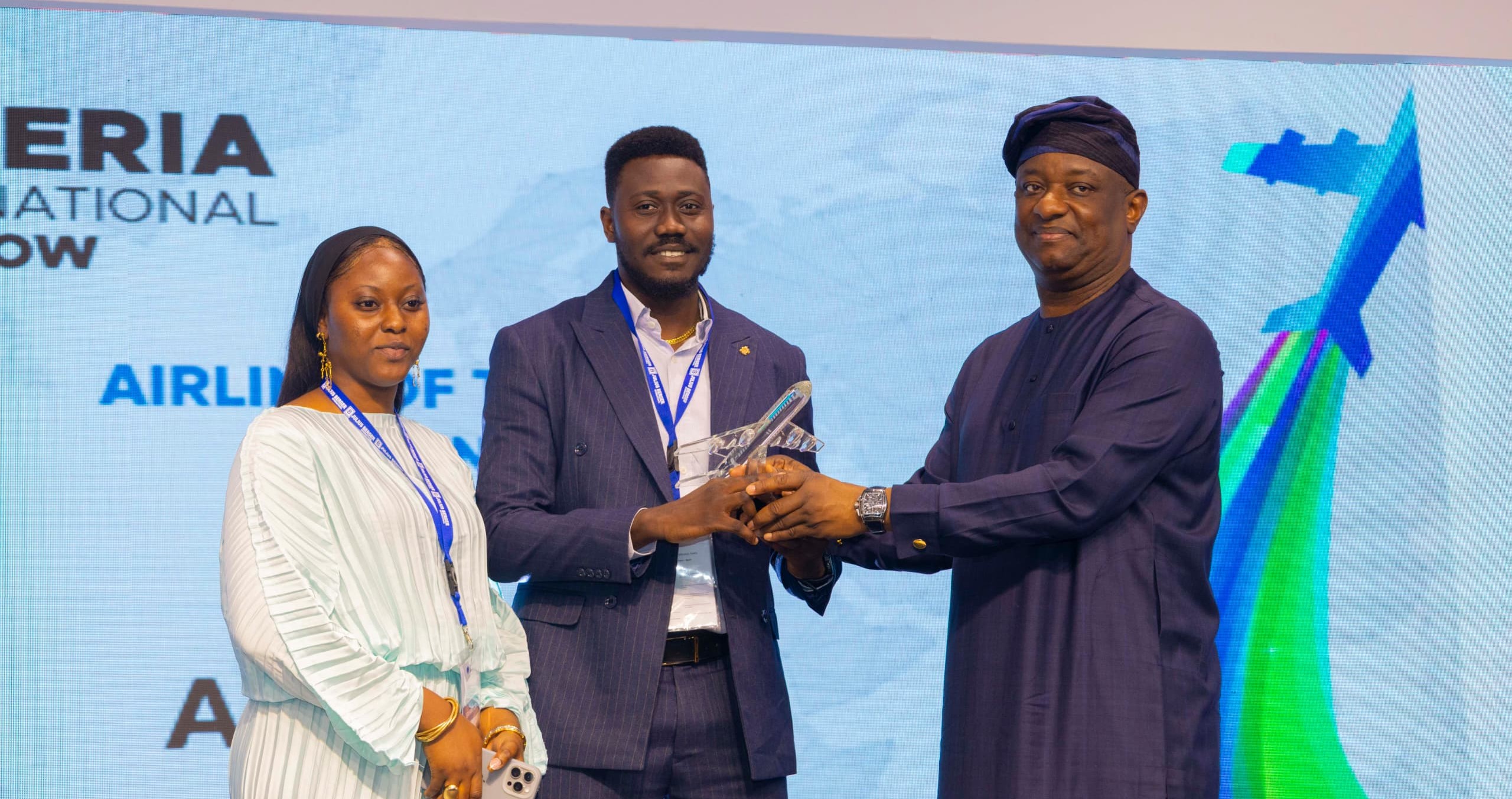
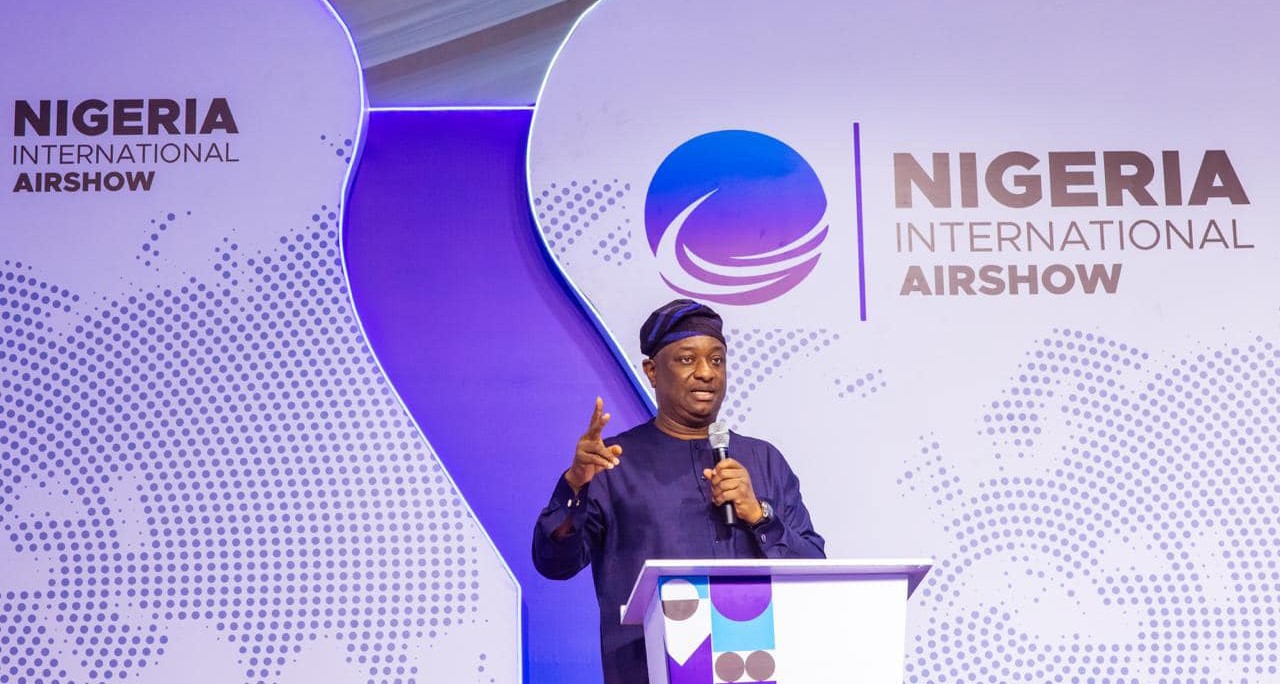

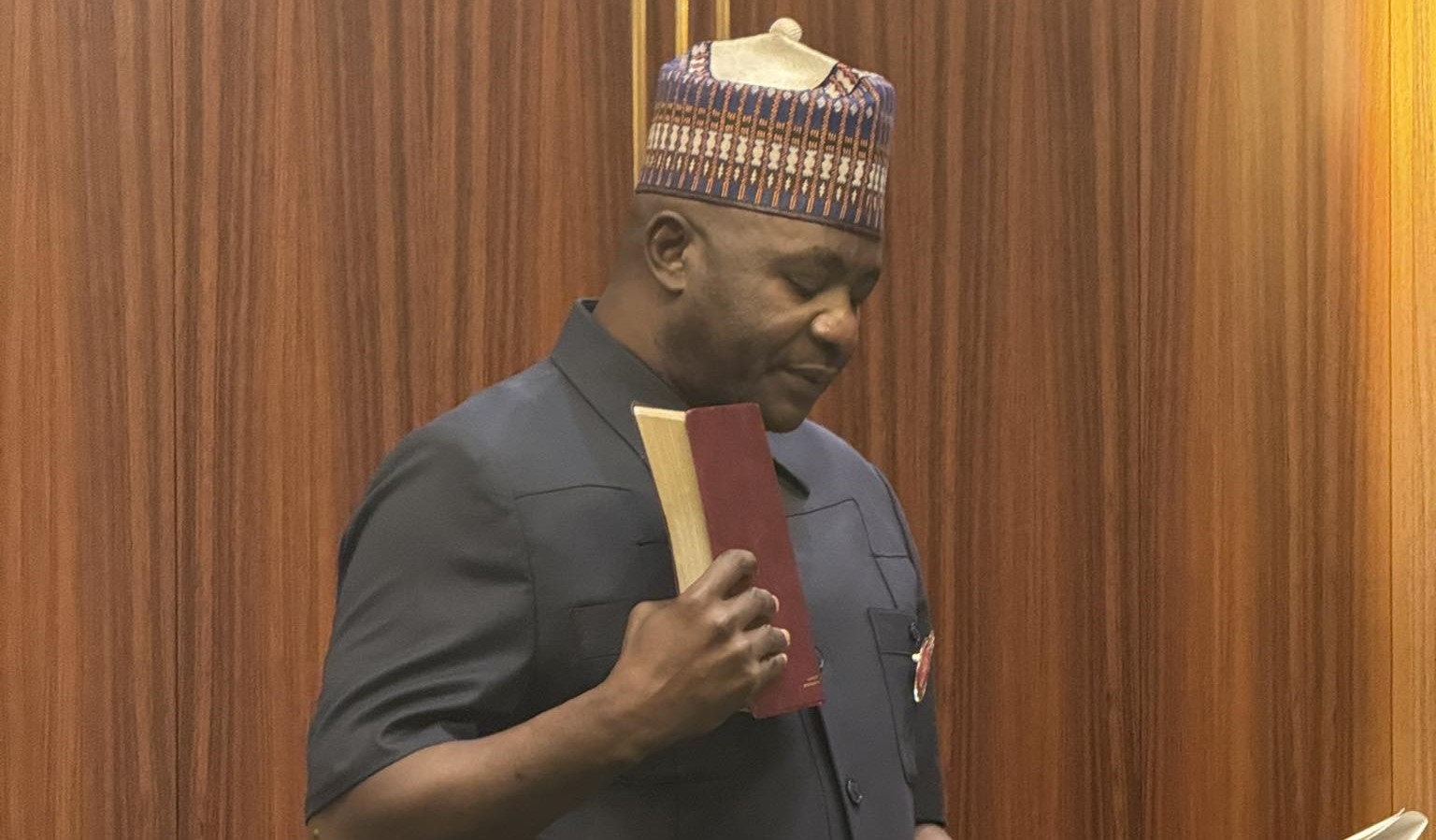
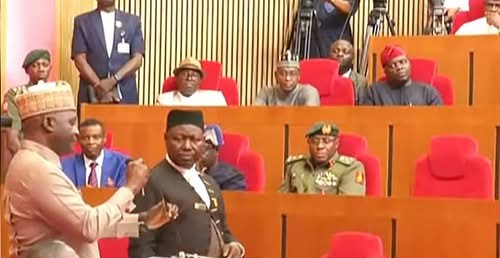
Comments
Be the first to comment on this post
Leave a Reply